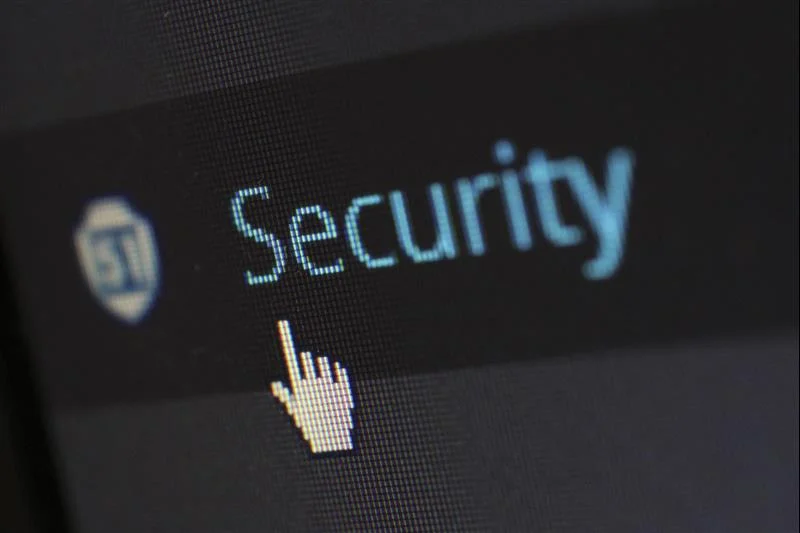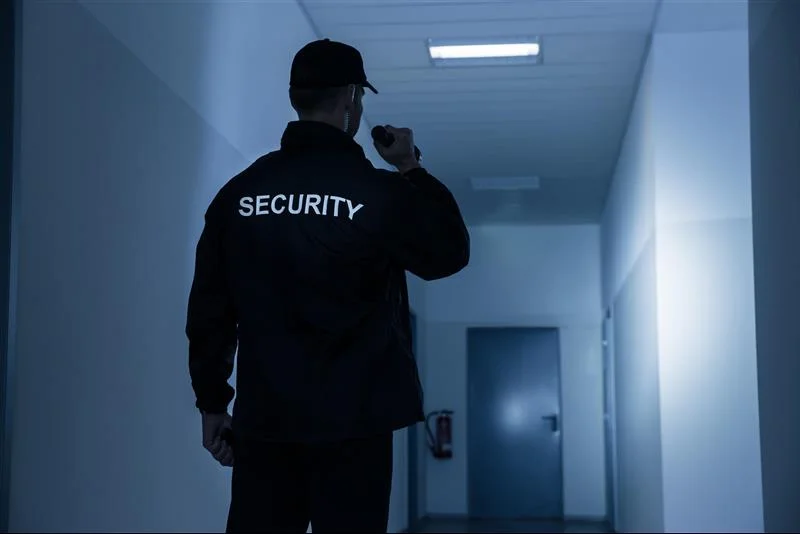You can still meet your security priorities without being intrusive. As is always the case in hospitality, we want to be...well, hospitable - that means being guest-centric.
Remember, don't volunteer information or at least not all the information. Here are some examples that you can integrate into your check-in process:
"Can we have a good phone number for you in case you leave something behind?"
Compare this with what is already on file.
Stated another way, "Is the best phone number for you still ending in 5309?"
This can be applied to their email as well:
"What's the best email to email over the receipt?"
"Is your yahoo email the best one to send the folio to?"
Remember to be guest-centric. What's in it for them? Personally, I'm not motivated to get their phone number in case they leave something behind - I want to be able to get ahold of them if their credit card declines. But of course, you would never imply that during the check-in process.
Furthermore, staff shouldn't give out information without the primary guests' explicit permission. The primary guest should be prompted if they would like to add any additional approved names to their reservation. This is often convenient for a guest to add their children if they are granting them keys. This way, the adult doesn't have to be present for a replacement key to be issued.
I'll draw on my experience while working at a spa resort.
Mr. McAfee came to check-in after dropping off his wife to get a 90-minute massage. He had planned to check-in and relax, maybe take a quick nap before he went to pick her up. This expectation was already assured in his mind as he approached the desk.
After he provided the last name and he informed me it was under his wife, I asked if Mrs. McAfee was available. After a polite exchange you can assume, he stomped into the lobby to see if he could reach her on her cell phone, to no avail. He likely thought twice about driving up to the spa and interrupting her tranquil experience.
After another moment, I was able to get away from the desk to find Mr. McAfee pouting as he slumped in a chair staring out the window. I brought a bottle of water as a peace offering and eagerly tried to be of service. After better understanding his aspirations of catching a nap, I explained that lounge chairs around the pool were available and a bathroom room at the pool would make it easy for him to change. The exchange went something like this.
Hello Mr. McAfee, I was hoping to offer you a bottle of water while you wait.
I understand just how big of an inconvenience this can be but I want to assure you that you and your family's security is our top priority. I couldn't, in good conscience, give you her room number without her explicit permission. A rule, I'm sure you can appreciate. But this is a resort after all and you are here to relax. What were you hoping to do today?
Of course, it's been a long drive and it would be nice to lay down. Might I suggest an alternative to your accommodations for the moment? It's a hot summer day and our pool is just across the parking lot. There you will find a changing room and I can see from here there are several lounge chairs available. Maybe I can get you a drink credit to the swim-up bar. How does that sound?
Mr. McAfee was elated - so much so, he forgot all about his wife and his room.
The same rule applies to business travelers. Commonly, I'll leave guests waiting until they can get a hold of their boss they claim holds the reservation. I see this frequently with branded hotels because since the company is paying for it, the boss wants to earn the rewards points for the stay.
Never give out keys to a guest room without the primary guests' explicit permission.
With that being said, does this happen in New York, LA or Chicago? Absolutely! It's important to be on your toes and follow strict guidelines. If you run a small property and are a good judge of character, you might be alright but it's up to you to weigh just how much risk you want to take on and weigh that with guest satisfaction.
I will say, there have been many occasions where I refuse hotel room access to the young woman in front of me and she says with a frustrated sigh, "Well I guess it's good they won't let just anyone into my room."
Dealing with the general public, your policies often live in a gray area. I'll give you an example. Our property, like most, required that you provide a credit card at check-in. Guests cannot pay with cash prior to their stay for fear of theft. There must be a credit or debit card on file. Likewise, most hotels also require that the card be authorized for more than the cost of the room. Some require a ten dollar authorization hold per night for incidentals and this amount can vary from property to property.
On one occasion, I took a call as the manager from a woman fleaing a domestic violence situation. She had traveled a fair amount and was aware of this general rule. Her abuser controlled all her finances and she didn't have access to any credit cards. Our property was located in Oregon and was the midway point from her to her mother as she traveled from Seattle to San Francisco.
This woman indicated that she had enough cash to pay for the room and an additional $100 cash to place in reserve for incidentals. Against my better judgement I made this exception weighing the liability to the hotel and this woman's story. This was the only exception to this rule I can recall that I made that didn't come back to bite me. When the woman came to checkout, we had her $100 deposit waiting in a safety deposit box. I inspected the room to ensure there wasn't any damage and that the TV was still there before proceeding to give her the deposit back and wishing her safe travels.





